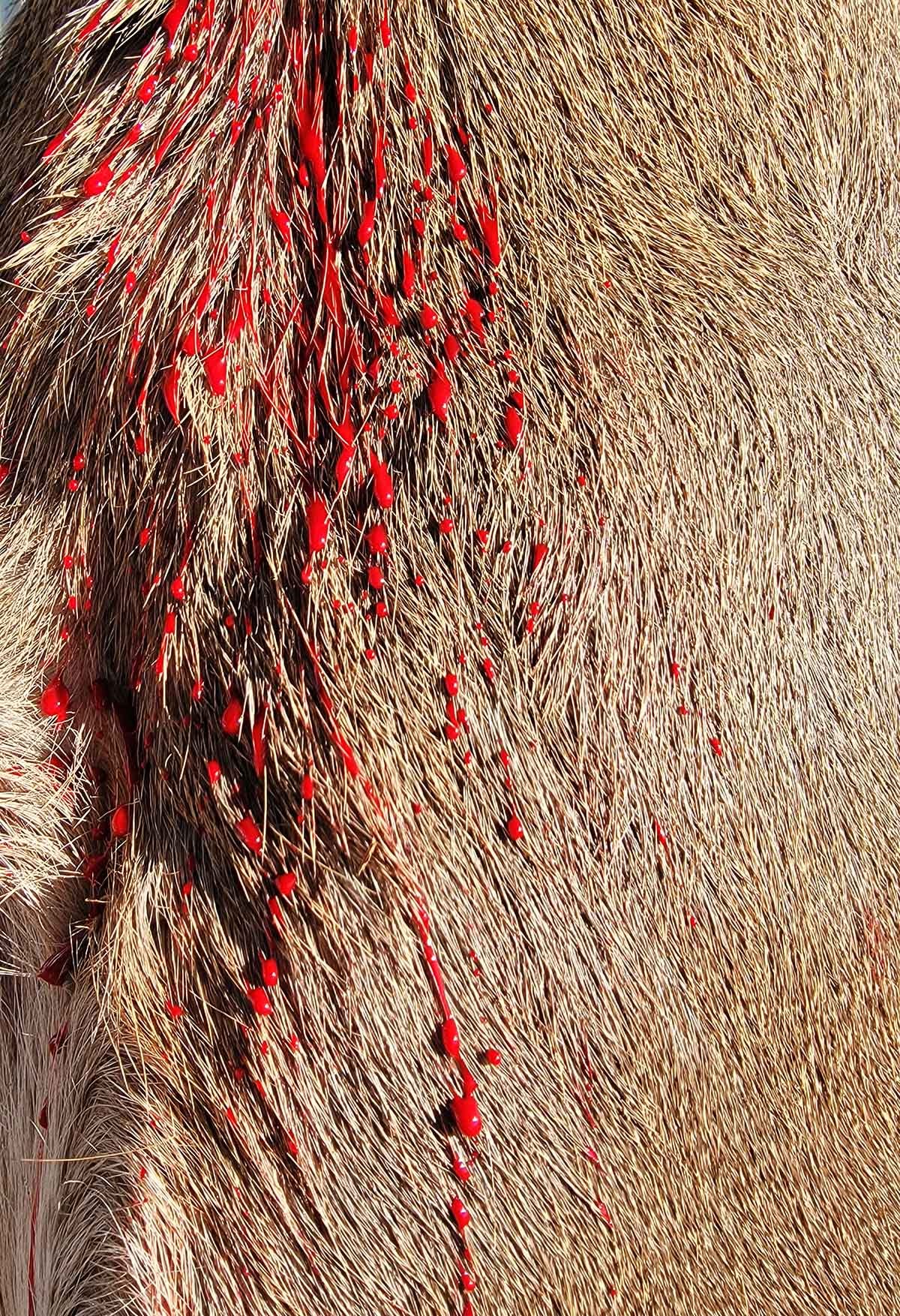Dying Time
Reflections on hunting, killing, butchering and an ocean of blood
As I sit here writing this, the nicks and cuts on my hands are finally healing. It is only the third day since the beginning of December that I have not been awash in blood and guts and gore and death. Winter is dying time.
I am home from three straight culinary hunts, and the back-to-back-to-back sessions of hunting and killing, skinning and gutting, b…


